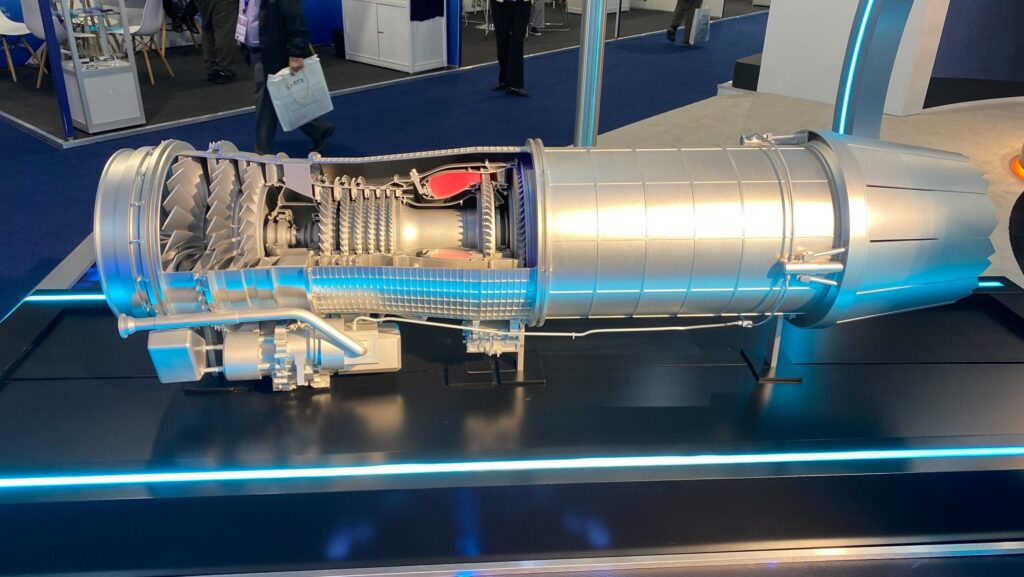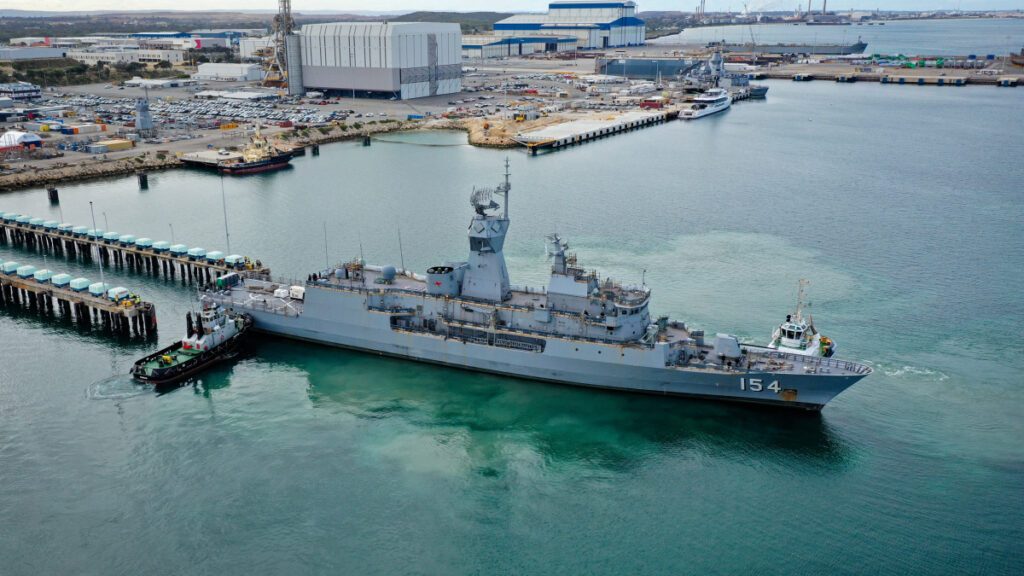The Virginia-class attack submarine Pre-Commissioning Unit Minnesota (SSN 783) pulls pierside at Naval Station Norfolk from a scheduled underway. (US Navy photo by Mass Communication Specialist 2nd Class Alex R. Forster/Released)
WASHINGTON — The US State Department’s proposed plan to loosen export controls under AUKUS needs more work to enable the United States to share defense technology with Australia and the United Kingdom without being burdened by bureaucratic red tape, one of the largest American defense trade organizations said.
The State Department on May 1 published proposed changes to the International Traffic in Arms Regulations (ITAR) that would allow the AUKUS partners to export certain defense technologies to each other without a license.
The Aerospace Industries Association, which represents more than 300 aerospace and defense companies, is broadly supportive of the AUKUS exemption language, which “reflects real intent to liberalize defense trade among the countries,” it said in feedback to the State Department’s Directorate of Defense Trade Controls, which it shared exclusively with Breaking Defense.
“With some changes, we believe the AUKUS Exemption could quickly change the speed and value of defense trade for these close allies,” AIA stated.
Specifically, in a list of recommended revisions, AIA said the department should consider making changes to the rule that would narrow down the the list of technologies excluded from the proposed export control exemptions, stating that the current list makes it more difficult for the partners to collaborate on advanced capabilities like hypersonic weapons and submarines that are foundational for the AUKUS agreement.
“The success of the AUKUS partnership rests on a solid foundation of trust between the United States, Australia, and the United Kingdom,” said AIA President Eric Fanning. “We won’t realize the full potential without serious changes to the rules governing our relationship. We’re already seeing progress with the State Department’s proposed AUKUS guidelines, but we have more work to do to break down barriers to cooperation.”
AIA shared its feedback on the proposed rule with Breaking Defense ahead of the May 31 deadline for public comment. At that point, the State Department will adjudicate the feedback received from industry and other stakeholders and potentially revise its draft language.
RELATED: Is State Department’s AUKUS trade certification delay a sign of choppy waters ahead?
AIA stressed the importance of the idea of comparability as laid out in the National Defense Authorization Act, which posits that if the president certifies that the UK and Australian export systems are comparable to the US system in terms of safeguarding tech, those countries should be exempt from licensing requirements. However, “the Proposed Rule, as written, imposes various restrictions which suggest the Department may be hesitant to accept that the systems are, in fact, truly comparable,” the organization stated.
One third of AIA’s 12 recommendations concern the State Department’s approach to the “Excluded Technology List” (ETL), which documents the types of technologies that are not covered by the AUKUS exemption and would need to go through the normal regulatory process.
The ETL list currently includes items covered by the US Munitions List Category XX — which includes all submarine-related technologies and undersea drones — as well as systems subject to the Missile Technology Control Regime, which would include missiles and large aerial drones like the MQ-9 Reaper.
Those restrictions could make it more difficult for AUKUS to accomplish one of its main goals: creating a path for Australia to acquire the Virginia-class attack submarine from the United States, AIA said. It could also thwart AUKUS Pillar II’s focus on co-development of advanced technologies such as hypersonic missiles and electronic warfare capabilities.
“ETL exclusions restrict the ability to meet Pillar I and Pillar II objectives and potentially contradict the assumption that Australia and the UK have comparable systems of control,” AIA states in its recommendations. “ETL should cite the specific reason for control and only reflect Arms Export Control Act (AECA) limitations or critical national security concerns.”
Another key recommendation concerns language that would restrict the movement of technology outside of the AUKUS nations and their associated territories.
If strictly interpreted, the rule could require export licenses to be issued when technology covered under the AUKUS exemption is used by US, UK or Australian troops that are deployed elsewhere for training or operations, and could also potentially prohibit “the delivery of maintenance, repair, and overhaul (MRO) and other critical services” to overseas locations, AIA said in its recommendations.
“There is no statutory barrier preventing the AUKUS Exemption from including deployed locations outside the physical territories of the three countries,” AIA said.
Other recommendations include making changes to help minimize licensing requirements, eliminating certain paperwork requirements, and allowing expedited licensing for companies outside the US, UK and Australia who are a part of the supply chain for AUKUS technologies.


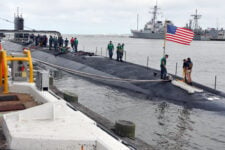
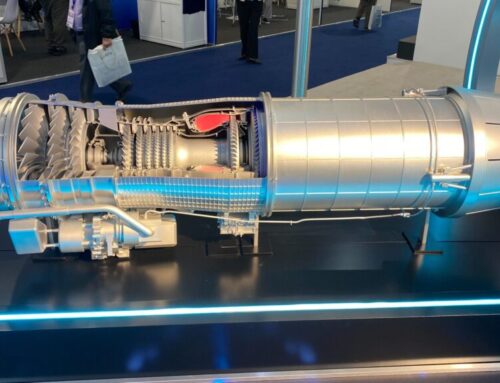

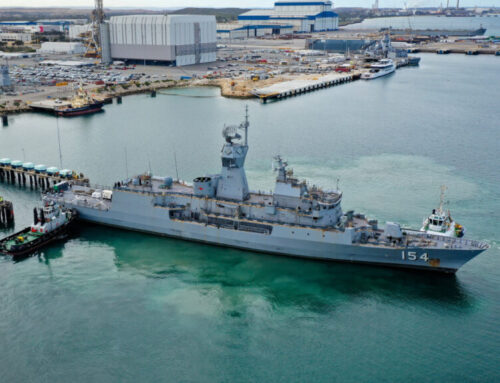
![The sights from the 2024 Farnborough Airshow [PHOTOS]](https://centurionpartnersgroup.com/wp-content/uploads/2024/07/IMG_8722-scaled-e1721930652747-1024x577-hZjwVb-500x383.jpeg)
